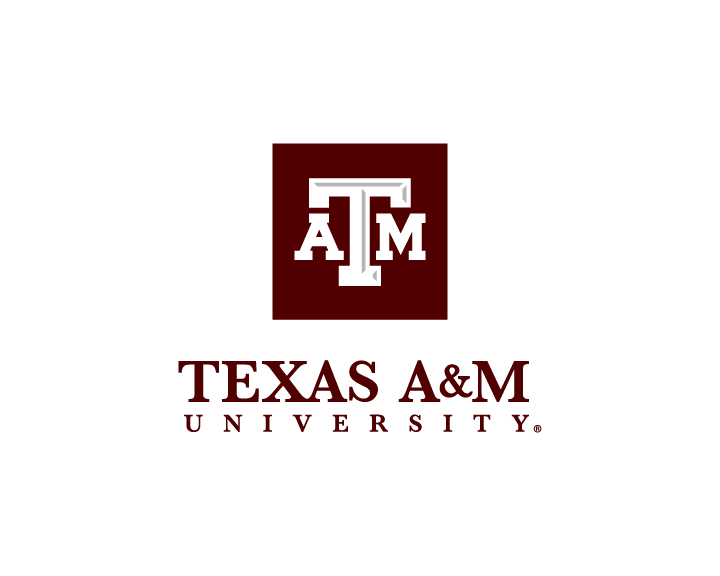Texas A&M: FDA Awards $1 Million To Texas A&M College Of Pharmacy, AACP
Researchers from the Texas A&M University Irma Lerma Rangel College of Pharmacy and the American Association of Colleges of Pharmacy (AACP) have been awarded $1 million from the United States Food and Drug Administration (FDA) Office of Minority Health and Health Equity (OMHHE) Innovation award: COVID-19 and Health Equity. Through this collaboration with FDA OMHHE, Texas A&M and AACP aim to advance enrollment of underrepresented minorities (URM) in clinical trials, highlighting the unique role community pharmacies and pharmacists have as clinical researchers in recruiting URM populations as clinical trial participants.
The first aim, led by Texas A&M, will be to leverage artificial intelligence (AI) and machine learning to enable environmental scans in communities to optimize URM participation in COVID-19 clinical trials. The second aim, led by the AACP, will be to create and train a network of community-based investigators, pharmacists and other partners to directly increase clinical trials participation among URM populations. The PACT Network will be able to utilize the results of these AI and machine learning tools to help identify and recruit clinical trial participants.
The Texas A&M College of Pharmacy efforts are being led by principal investigator George Udeani, clinical professor and head of the Department of Pharmacy Practice. Udeani has been passionate about this scope of work since pursuing a six-year postdoctoral training in drug development with the National Cancer Institute-National Institutes of Health, where one of his goals was to gain the trust of URMs, improve their access to care, and increase participation in the drug development process.
He feels participation in clinical trials will decrease URM morbidity and mortality and offer improved quality of life. He has spent three decades of his career in education, patient care and research at URM communities, working to achieve these objectives. Udeani also has first-hand experience in COVID-19 clinical trials.
“What we’ve seen is a lack of trust. There is a hesitancy, and we want to change the narrative,” Udeani said.
This collaborative effort will also include investigators from Texas A&M University Health Science Center (Texas A&M Health), School of Public Health and the Coastal Bend Health Education Center. AACP will work on bringing a culture of PACT awareness to pharmacy schools, survey schools for clinical trial research, and design and develop training materials. They will involve accredited colleges and schools of pharmacy and the Community Pharmacy Enhanced Services Network (CPESN) to identify community pharmacies to engage in the PACT network. AACP also will enroll, train and educate PACT investigators and community pharmacists. AACP and its members have a rich history of developing networks to improve public health, including a partnership with APhA’s Vaccine Confidence Campaign to increase vaccination confidence and combat vaccine misinformation, as well as with the CDC to educate the public on smoking cessation.
“The College of Pharmacy’s commitment of transforming lives through reimagining pharmacy resonates well with AACP’s vision of a world of healthy people through the transformation of health professions education,” said Indra Reddy, professor and dean of the College of Pharmacy. “Both organizations are passionate about advancing pharmacy education and improving health for all. This first of its kind model of institutional member-AACP partnership is not only a worthy endeavor but also can model the way for many such impactful partnerships in the future.”

